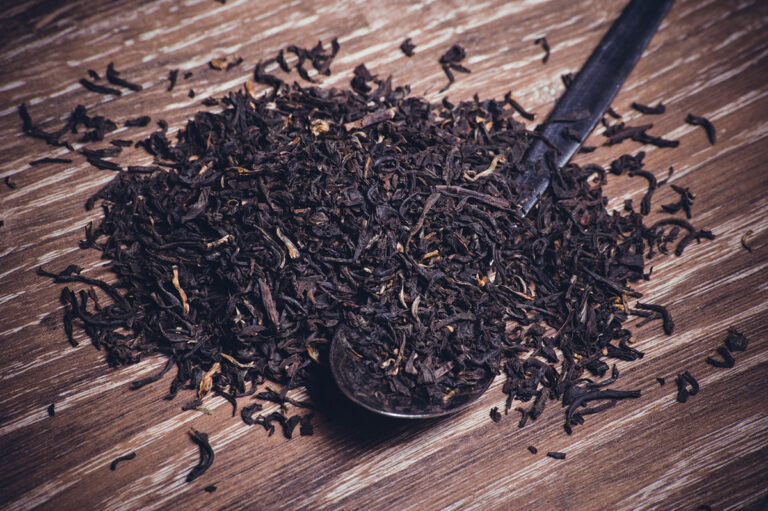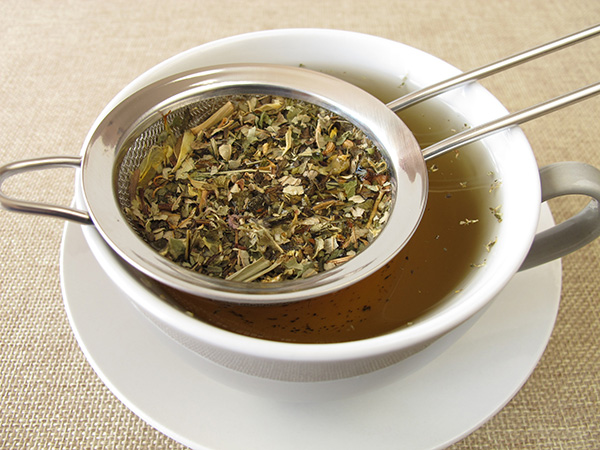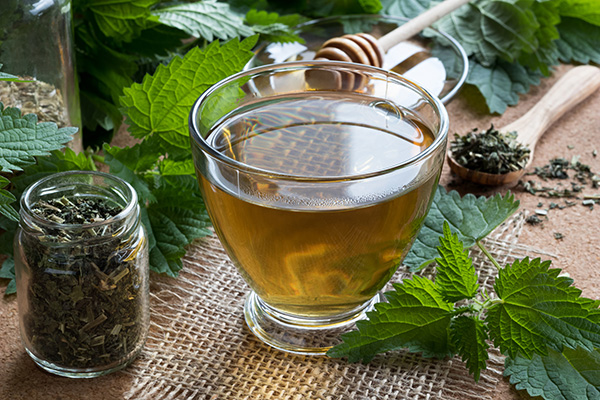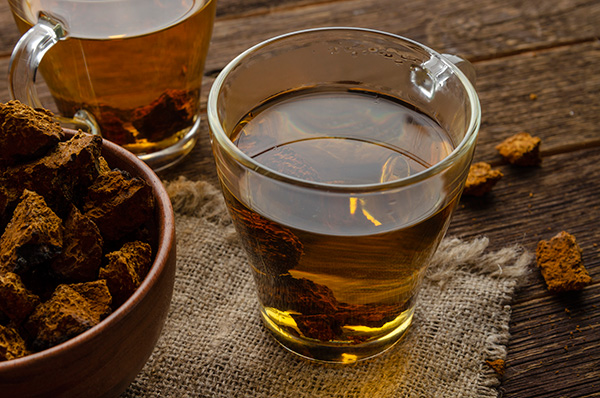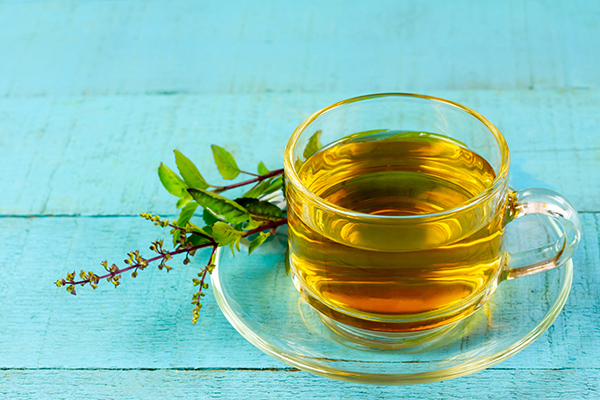Yarrow Tea Benefits and Side Effects
Discover the numerous benefits and potential side effects of yarrow tea, a versatile herbal remedy with a long history of use in traditional medicine.
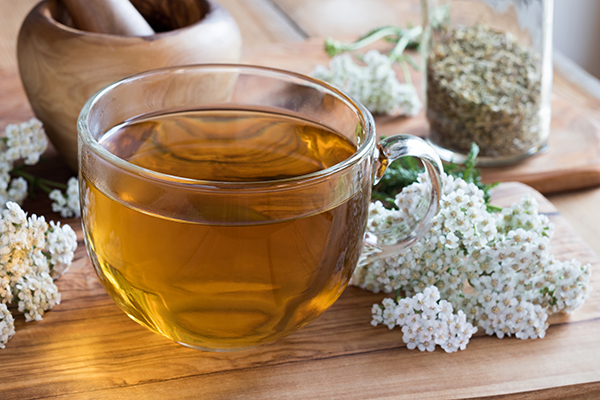
What Is Yarrow Tea?
Yarrow tea is a beverage made from the leaves and flowers of the yarrow plant (Achillea millefolium), a perennial herb native to Europe, Asia, and North America. The plant has been used for centuries in traditional medicine to treat various ailments, and yarrow tea is one way to enjoy its benefits.
What Does Yarrow Tea Taste Like?
Yarrow tea has a unique flavor profile that can be described as slightly bitter and astringent, with notes of earthiness and a subtle floral undertone. Some people find the taste of yarrow tea to be an acquired taste, while others appreciate its distinctive flavor from the start.
What Is Yarrow Tea Good For?
Yarrow tea offers an array of potential health benefits, making it a valuable addition to your herbal tea collection.
May Help Alleviate Depression and Anxiety
Some studies suggest that yarrow tea may have antidepressant and anti-anxiety effects (1). The plant contains various compounds that may interact with neurotransmitters in the brain, promoting relaxation and a sense of well-being.
May Alleviate Digestive Issues
Yarrow tea has long been used in traditional medicine to soothe digestive issues, such as indigestion, gas, and bloating. Its antispasmodic properties can help relax the muscles in the digestive tract, promoting better digestion and relieving discomfort (1).
May Aid Brain Health
Research indicates that yarrow tea may help protect the brain from oxidative stress and inflammation, which can contribute to cognitive decline and neurodegenerative diseases. The antioxidants and anti-inflammatory compounds in yarrow may support overall brain health and function (2, 3).
May Fight Inflammation
Yarrow tea is rich in anti-inflammatory compounds that may help reduce inflammation in the body. Chronic inflammation is associated with numerous health issues, including arthritis, heart disease, and autoimmune disorders. Drinking yarrow tea may help alleviate inflammation and promote overall health (4).
May Enhance Wound Healing
Yarrow has been traditionally used to treat wounds, burns, and skin irritations due to its anti-inflammatory, antimicrobial, and astringent properties. Yarrow tea may help speed up the healing process by reducing inflammation and promoting skin cell regeneration (5, 6).
Side Effects
While yarrow tea offers numerous potential health benefits, it may also cause side effects in some individuals. Here is a detailed list of possible side effects associated with yarrow tea consumption:
- Allergic reactions: Some people may be allergic to yarrow or other plants in the Asteraceae family, which includes chamomile, ragweed, and chrysanthemums. Symptoms of an allergic reaction may include itching, rash, hives, swelling, difficulty breathing, or anaphylaxis.
- Photosensitivity: Extended consumption of yarrow tea may increase sensitivity to sunlight, making the skin more prone to sunburn and other sun-related skin issues.
- Increased bleeding risk: Yarrow tea has blood-thinning properties and may increase the risk of bleeding, especially in individuals with bleeding disorders or those taking blood-thinning medications.
- Gastrointestinal issues: In some cases, yarrow tea may cause gastrointestinal issues, such as stomach cramps, nausea, vomiting, or diarrhea. If you experience any of these symptoms, reduce the amount of yarrow tea you consume or discontinue use.
- Drowsiness: Yarrow tea may have sedative properties and could cause drowsiness or dizziness, particularly when consumed in large amounts or combined with other sedative medications or substances.
- Hormonal effects: Yarrow tea may have an impact on hormone levels, particularly estrogen. This could potentially affect individuals with hormone-sensitive conditions, such as endometriosis, uterine fibroids, or certain types of cancer.
- Drug interactions: Yarrow tea may interact with certain medications, including blood thinners, blood pressure medications, and sedatives, potentially altering their effectiveness or causing adverse effects.
If you experience any adverse reactions or side effects after consuming yarrow tea, discontinue use, and consult your healthcare provider. It is essential to always consult your healthcare provider before incorporating yarrow tea or any other herbal remedy into your wellness routine to ensure it is safe and appropriate for your specific health needs.
Who Should Not Drink Yarrow Tea?
Here is a detailed list of individuals who should avoid or exercise caution when consuming yarrow tea:
- Pregnant women: Yarrow tea may stimulate uterine contractions, increasing the risk of premature labor or miscarriage (7, 8). Pregnant women should avoid yarrow tea to ensure the safety of both mother and baby.
- Breastfeeding women: Yarrow may affect milk production and could potentially transfer compounds to the infant through breast milk. It is recommended that nursing mothers avoid yarrow tea.
- Individuals with bleeding disorders: Yarrow tea may increase the risk of bleeding due to its blood-thinning properties (9). People with clotting disorders, such as hemophilia, should avoid yarrow tea.
- Individuals taking blood-thinning medications: Yarrow tea may interact with anticoagulant medications, such as warfarin, heparin, or aspirin, potentially increasing the risk of bleeding. Consult your healthcare provider before consuming yarrow tea if you are on blood-thinning medications.
- Individuals taking blood pressure medications: Yarrow tea may interact with medications used to manage high blood pressure, potentially altering their effectiveness. Consult your healthcare provider if you are taking blood pressure medications.
- Individuals taking sedative medications: Yarrow tea may have sedative properties and may interact with medications that have a similar effect, such as benzodiazepines, barbiturates, or sleep aids. Consult your healthcare provider if you are taking sedative medications.
- Individuals with allergies to plants in the Asteraceae family: Yarrow is a member of the Asteraceae family, which also includes plants like chamomile, ragweed, and chrysanthemums. If you have an allergy to any plants in this family, you may also be allergic to yarrow and should avoid consuming yarrow tea.
- Individuals undergoing surgery: Yarrow tea may increase the risk of bleeding during and after surgery. It is recommended to stop consuming yarrow tea at least two weeks before any scheduled surgery.
Always consult your healthcare provider before incorporating yarrow tea or any other herbal remedy into your wellness routine to ensure it is safe and appropriate for your specific health needs.
How Often Should You Drink Yarrow Tea?
The recommended frequency for drinking yarrow tea varies depending on your specific health needs and goals. Generally, consuming one to three cups of yarrow tea per day is considered safe for most individuals.
However, listening to your body and consulting your healthcare provider for personalized guidance is essential.
How to Make Yarrow Tea
Making yarrow tea is simple and requires just a few ingredients. Follow these steps to prepare a soothing cup of yarrow tea:
- Gather your ingredients: fresh or dried yarrow flowers and leaves, boiling water, and optional sweeteners or flavorings (such as honey or lemon).
- Place 1-2 teaspoons of dried yarrow or a small handful of fresh yarrow in a teapot or tea infuser.
- Pour 8 ounces of boiling water over the yarrow.
- Steep the tea for 5-10 minutes, depending on your desired strength.
- Strain the tea into a cup, and add any desired sweeteners or flavorings.
- Enjoy your cup of yarrow tea while it’s still warm for the best flavor and health benefits.
What Is the Best Way to Consume Yarrow?
While yarrow tea is a popular way to consume yarrow, there are other methods available, depending on your preferences and needs. Yarrow can be consumed as a tincture, salve, capsule, or even as a dried herb to be added to meals.
The best way to consume yarrow depends on your health goals, lifestyle, and taste preferences. Consult a healthcare professional for personalized recommendations.
Final Thoughts
Yarrow tea is a versatile herbal remedy with a rich history of use in traditional medicine. It offers numerous potential health benefits, such as alleviating depression and anxiety, soothing digestive issues, supporting brain health, fighting inflammation, and enhancing wound healing.
However, being aware of the possible side effects and interactions associated with yarrow tea consumption is essential.
Always consult your healthcare provider before incorporating yarrow tea or any other herbal remedy into your wellness routine.

